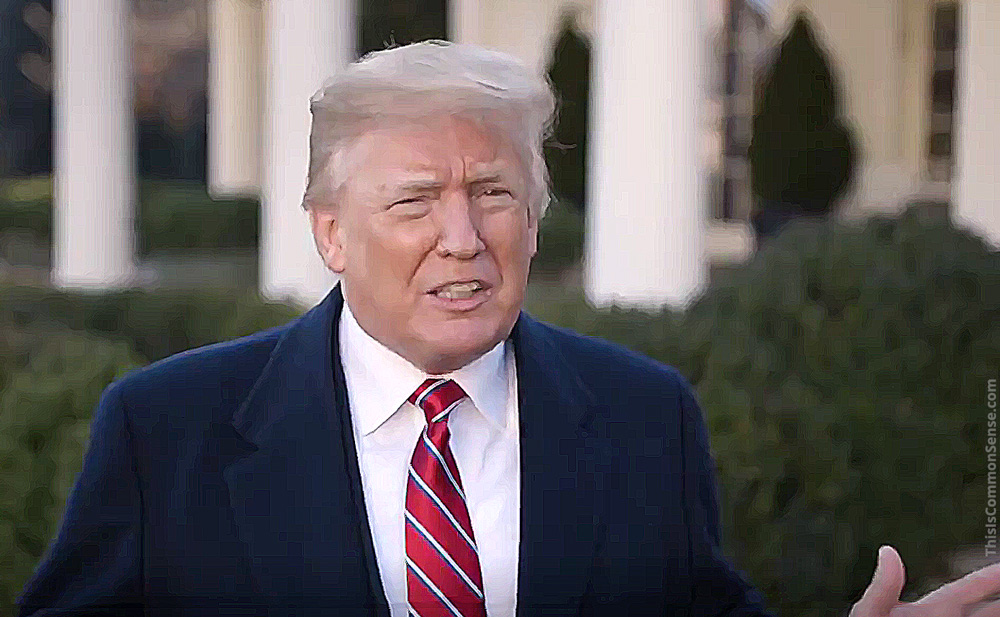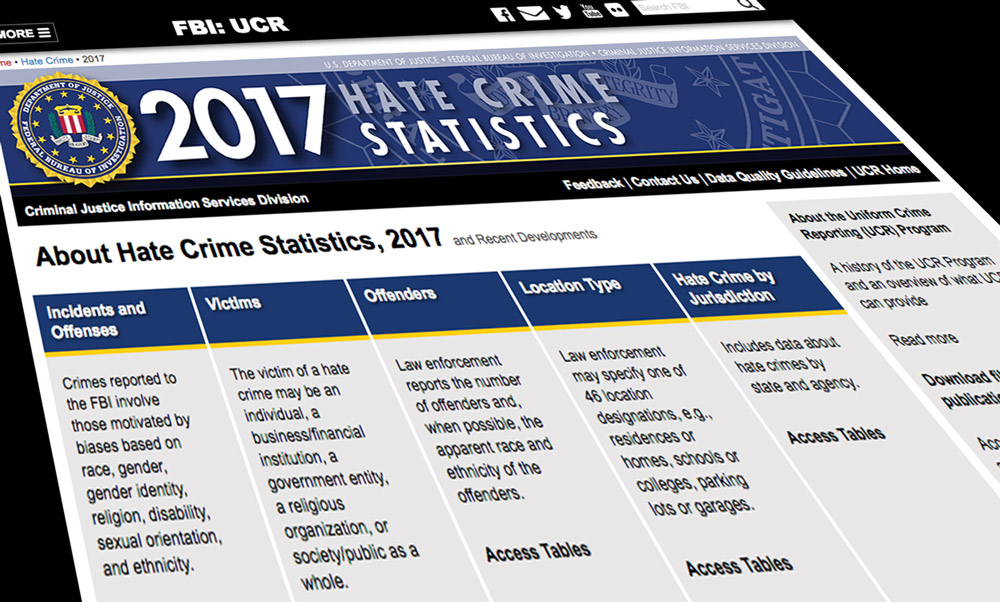The policy was announced in a Tweet: President Trump said it was time to pull out of Syria. We won, he explained. “After historic victories against ISIS, it’s time to bring our great young people home!”
There is, of course, much outcry among Republicans, Sen. Lindsey Graham (R‑SC) and pundit Ben Shapiro making the same point: this is, in the senator’s words, “a huge Obama-like mistake.”
But not a few are supportive. “U.S. forces should not be engaged in Syria — or any country,” explained Rep. Justin Amash (R‑Mich), “without legitimate military justification AND proper congressional authorization.”
And there is no doubt that after pulling out of the region — and yes, it looks like Trump is readying forces for a pull-out of the expensive and ridiculous Afghanistan occupation — there will be outrageous horrors. But are they America’s?
Should they be?
The problem with trying to solve every worldwide conflict is clear: by intervening, we make those conflicts ours.
The idea that the American military can successfully micromanage conflicts around the world seems implausible. And increasingly counter-factual.
The same logic against intervening in the domestic economy to “wisely” promote some businesses and demote others also applies against most foreign military intervention: “unintended” consequences get conjured up, and even blowback.
Also, somehow, almost no one ever consults Just War theory to test various proposed interventions. Instead, military interventionism is all audacious hope and lofty language.
No realism, despite “Mad Dog” Mattis’s protests to the contrary.
Foreign policy scholar Earl Ravenel had the perfect term for what Trump may be and should be doing: strategic disengagement. We have much to gain from a more restrained — and constitutional — foreign policy.
This is Common Sense. I’m Paul Jacob.

—
See all recent commentary
(simplified and organized)









